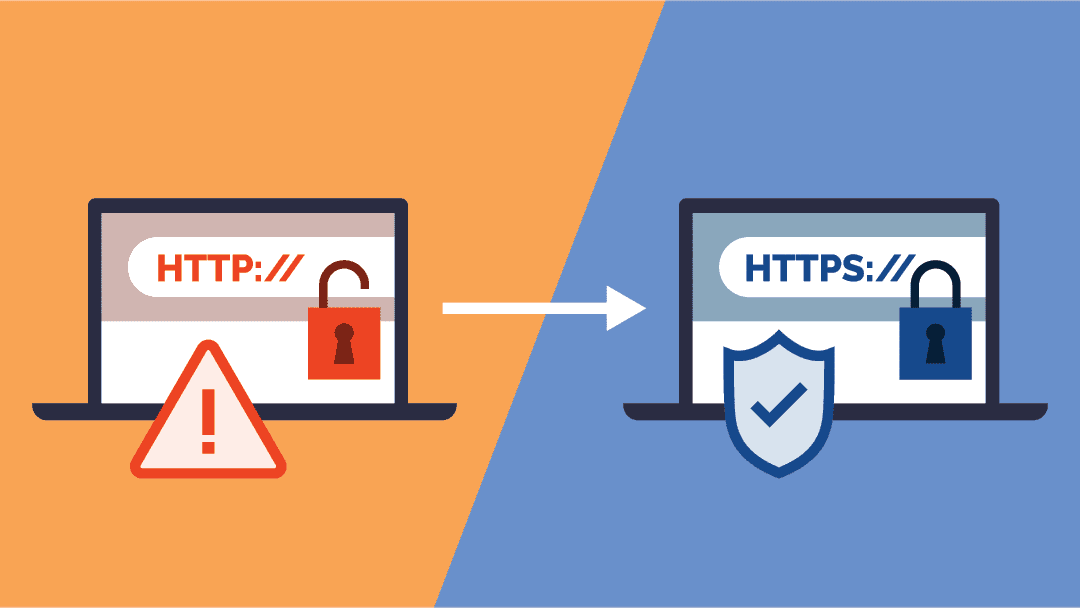HTTPS is essential for keeping your website secure and building trust with your visitors. When you see "HTTPS" in the URL and a padlock icon in your browser's address bar, it means the connection between your device and the website is encrypted. This encryption ensures that sensitive information like passwords, credit card details, and personal data are protected from hackers and identity thieves.
Having HTTPS also boosts your website's credibility. Visitors are more likely to trust and engage with sites that display these security indicators. Beyond security benefits, HTTPS can positively impact your search engine rankings. Search engines like Google prioritize secure websites, which can improve your visibility and attract more visitors.
Implementing HTTPS is straightforward. It involves obtaining an SSL/TLS certificate, which authenticates your website's identity and encrypts data. Many web hosting providers offer free or affordable SSL certificates, and services like Let's Encrypt make it easy to set up HTTPS on your site.
In today's digital landscape, HTTPS isn't just a good practice; it's a necessity. By securing your website with HTTPS, you protect your visitors' data and enhance their trust in your brand. Take the necessary steps to switch to HTTPS today and ensure your website meets the security standards expected by users and search engines alike.


